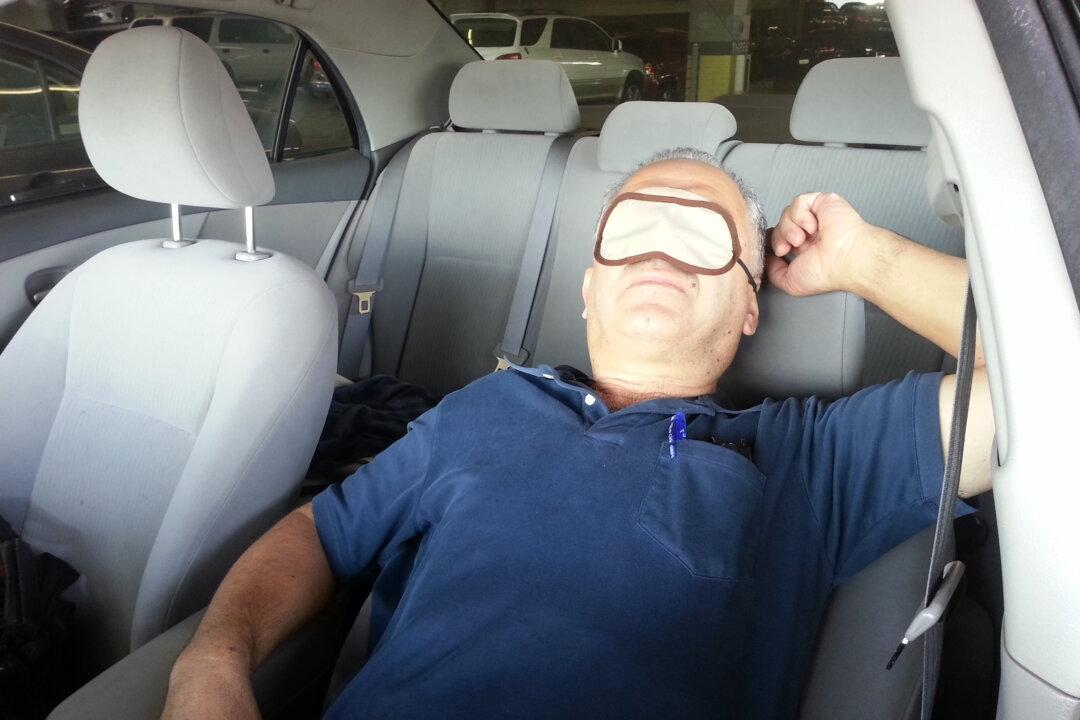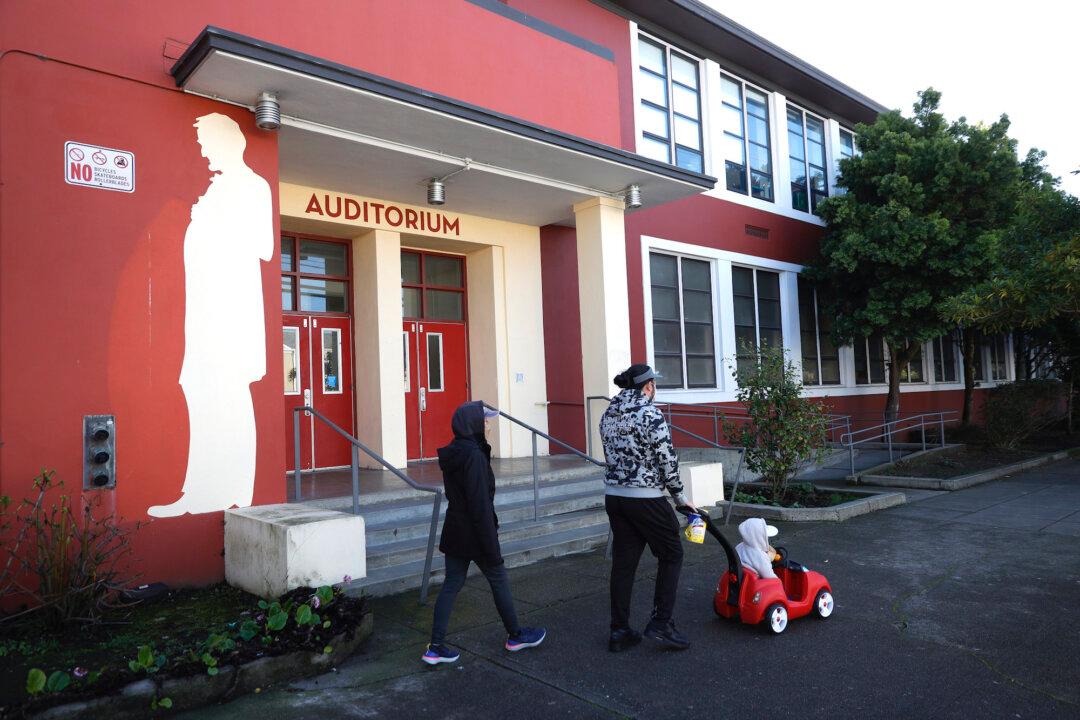A Greek Tragedy is said to depict woeful endings to proud beginnings. Once upon a time community adult schools in Los Angeles stood at the top as a provider of education to the local communities.
The heyday of LA’s adult schools arguably began, some say, in 1988 with the Immigration Control and Reform Act of 1986, or Amnesty program, which dedicated $1.7 billion to California, $354 million going for English and citizenship education. The plan was to legitimize immigration status for non-documented immigrants who entered the United States before January 1, 1982. Seventy percent of those who matched amnesty eligibility criteria lived in greater Los Angeles, according to the California Department of Education. Forty hours of instruction per student satisfied the requirement for English proficiency and understanding of U.S. history and system of governance.
LAUSD’s Division of Adult and Career Education became an overnight sensation, quite literally. For nearly the next five years there was no shortage of classes or people to fill them. Some schools held classes around the clock all week, even at 2 or 5 a.m. and on Sundays.
Nor was there any shortage of teachers. A bachelor’s degree with 20 units of English or social studies qualified for a credential.
Once Amnesty “faded away,” a parlance commonly used, adult schools remained relevant in the service of literacy and life and job skills to communities. The cash that fueled the engine was ADA—average daily attendance. The more students in a class each day formatted the state appropriation for the next year.
“We'd have them [students] sitting on the floor or doorway or in the hall or even standing,” stated a teacher who asked that her name not be used since she is still employed with the school district. “Body counts generated revenue so why mess with it?” she explained, facetiously. “A good thing the fire marshal didn’t come around.”
The lingering recession caught up with adult schools in 2012. The California state legislature changed its way of funding adult education. LAUSD henceforth had discretion to use adult education funds as it saw fit. This change had already knocked out adult schools in Oakland and Alhambra.
But community activism in LA motivated then-LAUSD superintendent John Deasy, on record to abolish adult education, to acquiesce to continuing an adult school program.
This good news was tempered with bad, however. LAUSD’s former allocation for adult education of 7 percent, or $210 million, became less than one-half of 1 percent of the school budget, or about $34 million, pocket change compared to LAUSD’s total $6.64 billion budget. This meant that many students did not have literacy or career education classes for them, and those that did, faced long waiting lists.
Clearly, this was not welcome news for teachers or support staff either. The former corps of 3,000 teachers was pared to 600. Teachers called back after a two-month layoff were assigned part time or split shifts, or sent to school sites requiring long commutes.
Jay Wehbe, a teacher of solar energy at Abraham Friedman Occupation Center, found a creative solution to the split shift conundrum. For six hours a day, between morning and night classes, his car in the parking lot has been his office and place to catnap. Wehbe, a product of adult education, began as an adult ESL student and worked his way up to a degree in electrical engineering. He runs his own contracting service in addition to teaching. “The government invested in my education [which] has turned me into a tax paying citizen at a higher tax bracket,” he said, alluding to budget cuts. “Their investment in students is well worth it.”
Wehbe’s hope for a brighter future for adult education in Los Angeles might be rekindled by AB 86, a California state assembly bill that directs local school districts and community college districts, which over the years have ventured into traditional adult school domain with non-credit and career education courses, to join forces. The reward is millions of dollars in state revenue.
“I’m optimistic,” claims Matthew Kogan, an ESL teacher at Evans Adult School who also chairs the California Teacher Association’s subcommittee on adult education. “A step in the right direction.”
Marc Wutsche, an academic teacher, is more cautious. “It will take a lot of work to iron out differences,” he says.
Wutsche and Robert Sucher, a literacy teacher at Freidman, express a common concern about the feasibility of a community college and adult school partnership. “Community colleges emphasis is on academics, but we [adult schools] are about literacy,” says Sucher.
Who will ultimately oversee adult education is another concern. In San Diego and San Francisco it is the community college districts.
However, says Wutsche, “Adult schools are more a part of the community they serve.”
In the end, it may be a tale more of Humpty Dumpty than a Greek Tragedy. After the fall, can the pieces of adult schools be made relevant again?
Tim Wahl, author of a memoir on his childhood farm life in New York State, teaches English-as-a-second language to adults in Los Angeles.





